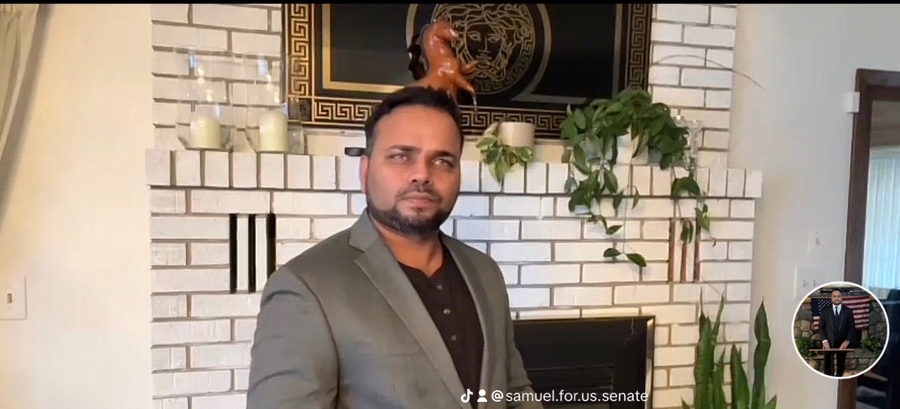Sen. Bernard Sanders has outflanked Hillary Clinton on yet another key liberal issue, inking a deal to offset his campaign’s carbon emissions as a show of commitment to combating climate change, The Washington Times has learned.
Mrs. Clinton, by contrast, appears to be breaking her own pledge to go carbon-neutral.
Despite assuring reporters last summer, after being caught flying in a private jet, that she would pay to offset greenhouse gases from her campaign travels, Mrs. Clinton has yet to make any such payments, according to a Washington Times analysis. Carbon offset providers said they have even tried to connect with Mrs. Clinton’s campaign to help her, but have heard silence.
Her omission is all the more striking because it marks a reversal not just from her pledge this summer, but also her practice from her 2008 campaign, when she paid more than $80,000 to offset her campaign’s greenhouse gas emissions from July 2007 to July 2008.
Mrs. Clinton’s campaign failed to respond to repeated messages seeking comment on the status of her pledge, which she made in July just after she was spotted boarding a private plane. She had just announced an outline of her plans to combat climate change.
An aide at the time promised CNN that Mrs. Clinton would soon detail specifics on how she would offset her carbon footprint, saying it would be part of a broader global warming plan. More than six months later, there is no evidence that she has lived up to that pledge — opening her to charges of hypocrisy.
“Talk is cheap, but offsets are expensive,” said Dan Kish, senior vice president for policy at the Institute for Energy Research. “It’s easy to say things if you don’t have to pay for them.”
Environmental groups were reluctant to comment on Mrs. Clinton’s situation.
“Afraid I can’t help,” said Denis Dison, communications director at the political arm of the Natural Resources Defense Council, a major player in the environmental movement and a fan of offsets.
Likewise, the League of Conservation Voters, which has endorsed Mrs. Clinton’s campaign, declined to comment.
“I appreciate you reaching out to us, but this is really a question for the campaign,” said spokeswoman Hannah Blatt.
Sanders supporters have criticized the league for its endorsement of Mrs. Clinton last year, so early in the process and despite questions of whether her commitment to environmental issues can match that of Mr. Sanders.
At the time, the League of Conservation Voters explained that its decision was partly a political calculation based on Mrs. Clinton’s chances of winning the White House.
Under the theory of offsets, an organization calculates the amount of greenhouse gas emissions it pumps into the air from activities, chiefly energy use and travel, and then pays for someone else to prevent that much in emissions or to take them out of the atmosphere. Options include planting trees that absorb carbon dioxide and capturing methane gas emitted from landfills.
Mr. Sanders, a fierce advocate for fighting climate change, has put his campaign’s money behind his commitment. He signed a contract with Native Energy, a Vermont-based company that has been a favorite of political operations. Indeed, it was the company Mrs. Clinton used in 2008.





